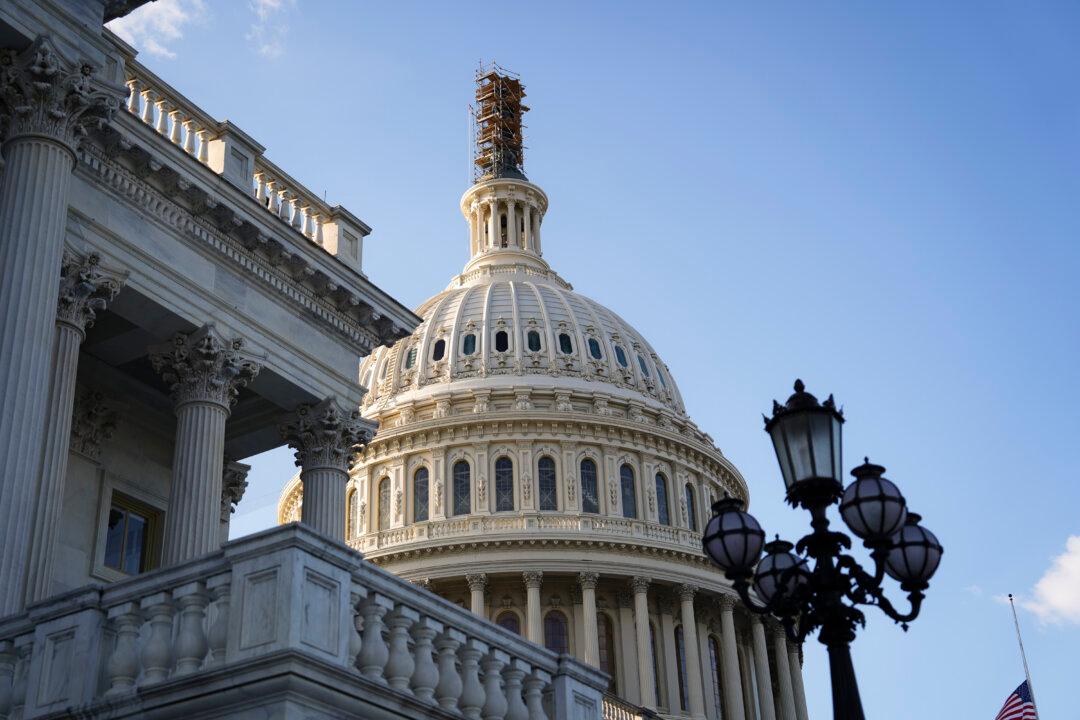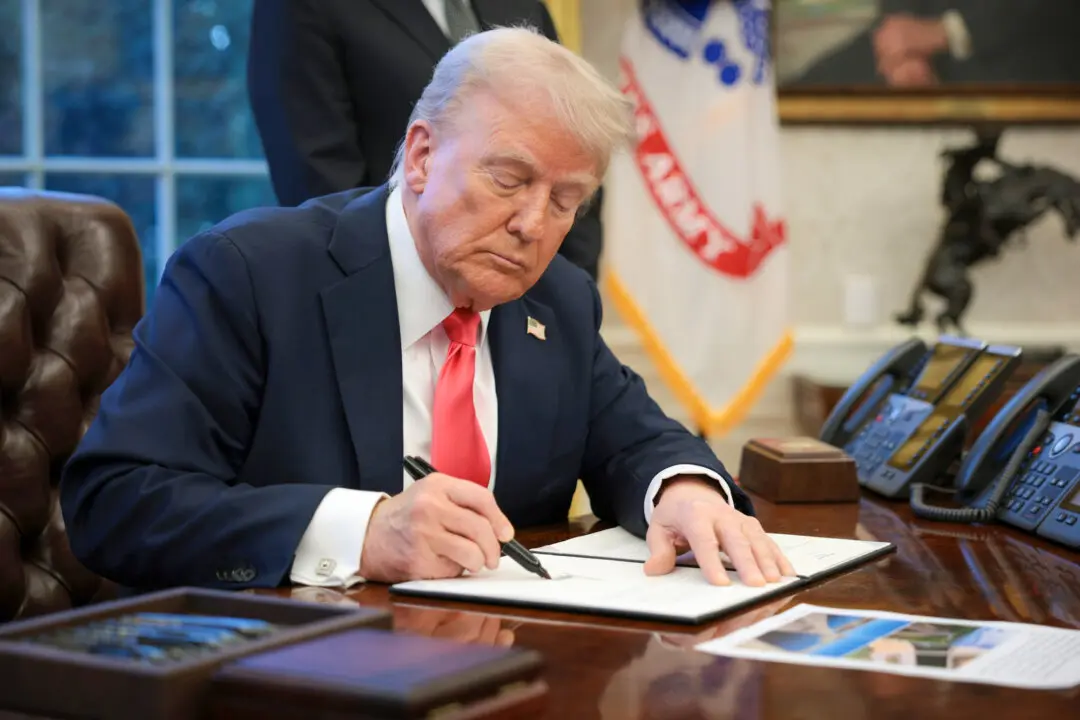The federal government will remain open as the Senate on late Wednesday joined the House in passing a stopgap funding measure that will extend the previous year’s funding in two stages through Feb. 2.
The bill passed 87-11 in the upper chamber. It now heads to President Joe Biden’s desk for signature.





